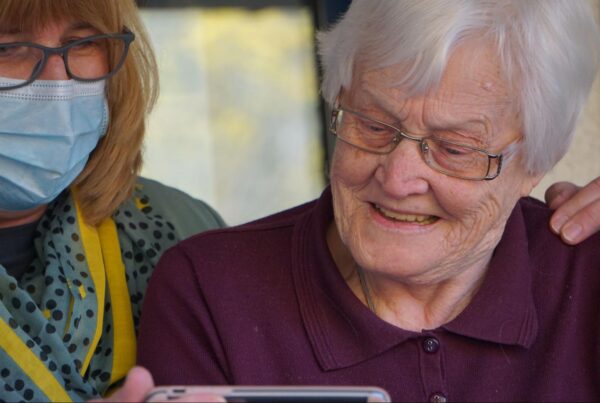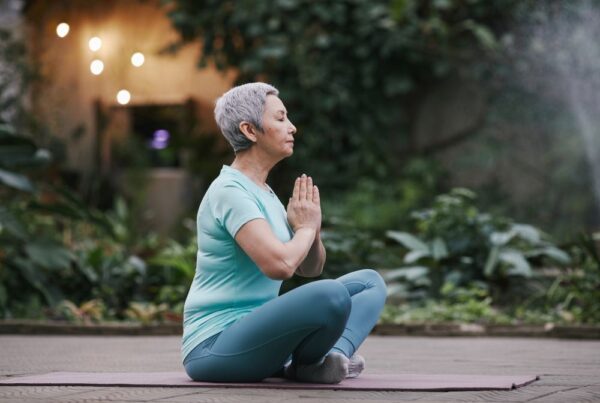For many people who are older, independence is a critical factor in determining their quality of life. Yet, it is hard to balance independence – allowing people to do what they want, how they want to do it – and safety. For many people who take care of a person that is older, finding this balance is essential.
Promoting independence in the elderly is important for many reasons, including improving quality of life, reducing health and mental complications, and supporting a person’s overall ability to thrive. It may determine if they are able to remain at home long term or if they need more help than you can provide yourself.
Consider some practical tools that can make a significant difference.
Ensure Their Social Life Remains in Place
A very important part of the process is ensuring your loved-ones’ social needs continue to be met. This may include visiting friends and family members, going to church, or participating in community events they always have. Get them involved in library events and programs at their local recreational center. Find out if there are senior programs available to them within the community that could enhance their quality of life.
Be Sure to Keep Them Involved in Their Day
It is important to create a plan for each day. Whether it includes things like doing the laundry or cleaning the home, it is important that they know what is happening that day. More so, encourage them to be a part of everything you need to get done. Perhaps they cannot wash clothes easily on their own, but they may be able to help with the folding.
Incorporate Physical Activity During the Day
This is often a big part of worrying about the person you are caring for because you do not want them to fall or suffer an injury. Yet, exercise is good for mental stimulation as well as keeping them healthy. Consider a seniors yoga program or spend time doing activities around the home, such as going go for a short walk or encouraging them to help with tasks like dusting. It is also worth discussing exercises that are recommended by a physical therapist. This can help to minimize risk but also help with addressing any areas of concern they have.
Engage in Conversation and Activities for Mental Health
Seniors who sit in front of the TV typically are not using their brain as well as they could be, and that can create cognitive issues down the road. The better option is to find ways to get them engaged in conversation and use their brain. For example, it may be beneficial to play some board games. Other times, it means picking up the phone and encouraging them to talk to friends and family. It may also be beneficial to do puzzles and play some online brain-boosting games.
Through all of this, encourage the individual to pick activities they enjoy and to create a schedule that is filled with things they’ve picked. Having that level of control over their day may even help to encourage independence on their own.






